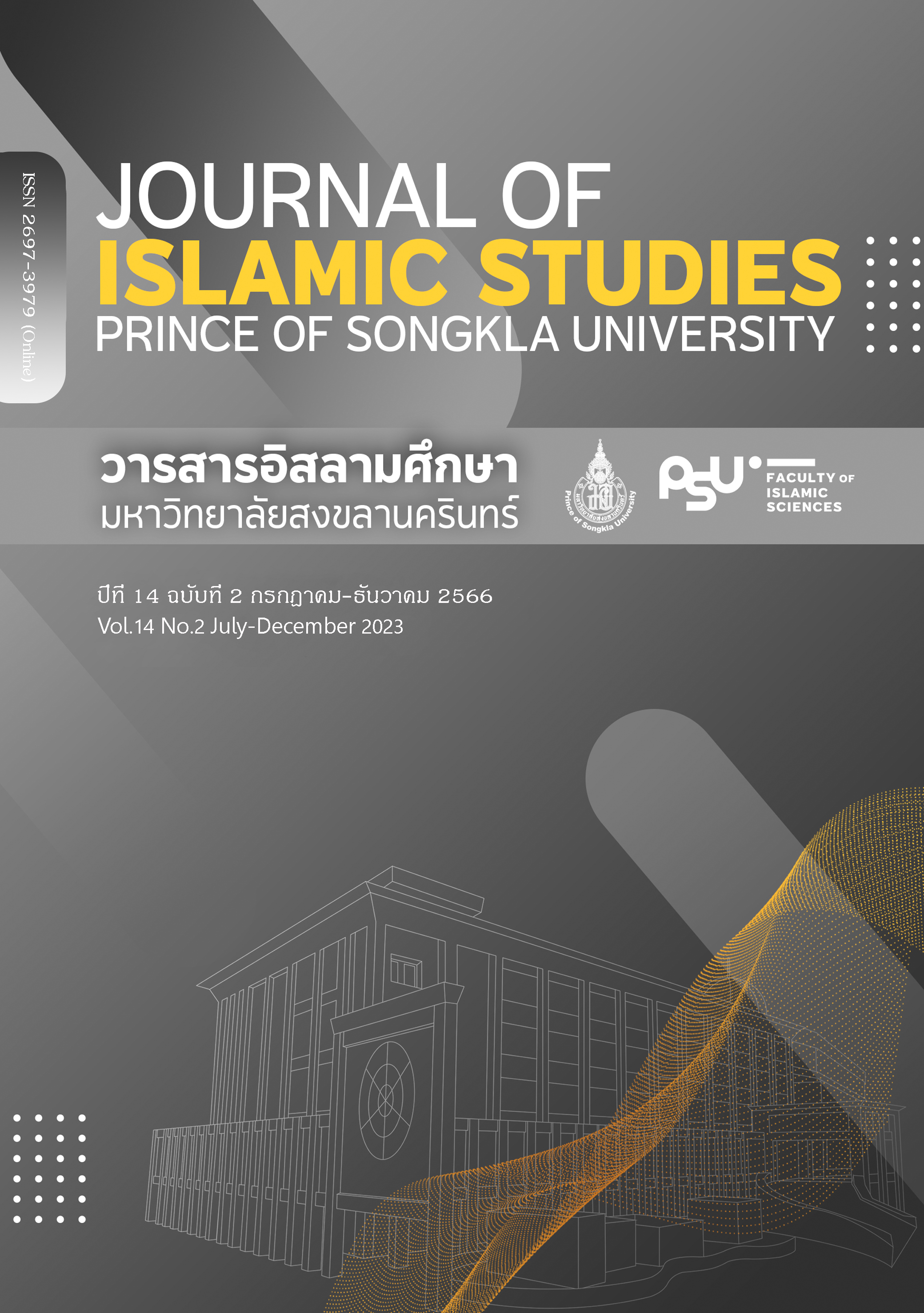BUKIT Model Participatory Management for Developing a Good Identity in Bukitprachauppatham School
Keywords:
Participatory management, good identity, BUKIT ModelAbstract
Objectives 1. To study the conditions and guidelines of participatory administration to develop a good identity in Bukit Pracha Uppatham School. 2. To create a BUKIT Model of participatory administration to develop a good identity in Bukit Pracha Uppatham School 3. To study the results of implementing the BUKIT Model participatory management model to develop a good identity in Bukit Pracha Uppatham School.
Methodology The research used a participatory action research (PAR) approach. PAR is a research approach that focuses on problem-solving and development, and it relies on the collaboration of the target group in the research. The PAR process has four steps: planning, action, observation, and reflection. Step 1: The study of the status and guidelines of participatory management for developing a good identity in Bukit Pracharaphum School was conducted by studying documents, interviewing administrators, teachers, the School Board of Basic Education, parents, and students. Step 2: The creation of the BUKIT Model of participatory management was conducted by analyzing and synthesizing data from the research in Step 1. Step 3: The study of the results of implementing the BUKIT Model of participatory management for developing a good identity in Bukit Pracharaphum School was conducted by collecting data from observation, interviews, and documents.
Research findings The study of the results of implementing the BUKIT Model of participatory management in Bukit Pracharaphum School found that the school had improved in all components, especially Component 1 on policies and plans for excellence, Component 3 on professional teamwork capacity, and Component 4 on information technology and communication competencies for quality. For the third cycle, the school revised its work plan to focus on developing professional teamwork capacity. This was done by providing training to teachers, both internally and externally, to develop skills in effective teaching and learning processes. The school also organized activities to promote positive attitudes towards work and the development of personnel capacity to increase the value of teachers and staff and ensure the success of the school. Overall, the evaluation found that the school had achieved its goals under the following supporting factors: shared vision, teamwork, trust, empowerment, and effective communication. The results of this study reflect the success of the BUKIT Model of participatory management, which can help schools achieve their goals and create a good identity for students, teachers, and the school.
Contribution Schools can study and apply the BUKIT Model of participatory management to develop a good identity in their schools by adapting it to the context of each school. Schools can also study the results of this research to develop the capacity of teachers and staff, focusing on development in various areas.
References
Thamnong, P. (2008). Concept of Participatory Management in Community Education Management. Retrieved from http:/www.thaischool.net/View_ti.php?ID=1203 (Accessed April 22, 2022)
Act on National Education B.E. 2542 (2009), as amended by the Second Amendment Act B.E. 2545 (2012) and the Third Amendment Act B.E. 2553 (2010). (2010, July 12). Royal Thai Government Gazette. Vol. 127, Pt. 45 ก., p. 14.
Mettakarunjit, M. (2010). Participatory Education Management: Community, Local Government, and Government. Book Point.
Constitution of the Kingdom of Thailand B.E. 2560 (2017). (2017, April 6). Royal Thai Government Gazette. Vol. 134, Pt. 40 ก., p. 14.
Ngamsaad. A. (2006). Management Education in a Participatory System: A Case Study of the Vocational College of Detch Udom. Unpublished doctoral dissertation, Faculty of Education Management, Khon Kaen University, Khon Kaen.
Swansburg, R. C.; & Swansburg; R. J. (2002). Introduction to Management and Leadership for Nurse Managers. Jones and Bartlett Publishers.
Downloads
Published
How to Cite
Issue
Section
License
Copyright (c) 2023 © The Author(s). Published by the Journal of Islamic Studies, Prince of Songkla University under the Creative Commons Attribution 4.0 International License.

This work is licensed under a Creative Commons Attribution 4.0 International License.
All articles Published in The Journal of Islamic Studies are author’s opinions, and not the responsibility of the Faculty of Islamic Sciences nor the editorial board. However any citation should be referred to the journal.
















